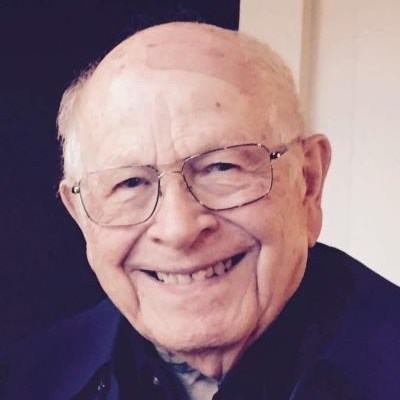
The Hospital Association of Southern California (HASC) is greatly saddened to learn about the passing of Dr. Daniel Lang on Nov. 7, following a short illness. Dr. Lang served as medical director of HASC and National Health Foundation (NHF) for more than 20 years, focusing on health care quality improvement. He retired in 2009.
“Dan was a thoughtful and compassionate leader who was willing to take on challenging issues in order to improve health care and the delivery system,” said Mark Gamble, chief of advocacy and operations at HASC. “He often helped the association understand and navigate the complexities of hospital-medical staff relations. As a colleague, Dan was always available, present and willing to spend time helping me grow and learn during the formative years of my career.”
For the first part of his career, Dr. Lang worked in private practice as an internist. In the mid-1970s, he shifted focus to improving the effectiveness of health care delivery institutions and systems in California and nationally. This shift led him to his roles at Brotman Memorial Hospital, Culver City, and Valley Presbyterian Hospital, Van Nuys. In 1976, Dr. Lang gained national recognition as the spokesperson for Concerned Physicians for Malpractice Reform, during a strike by California doctors to draw attention to their cause. He co-founded and led one of the nation’s early professional standards review organizations (Area XXII) before joining HASC and NHF.
The author or co-author of four books, Dr. Lang served as an assistant clinical professor of medicine at UCLA and consulted frequently across the U.S. on issues including hospital accreditation, bioethics, hospital-medical staff relations and management of impaired physicians. He also was a longtime columnist for the Los Angeles County Medical Association newsletter.
“Our father was deeply committed to improving health care and services in Los Angeles and California,” wrote his daughter and son, Lisa Lang and David Lang. “As both a member of the practicing LA clinical community, and later as medical director of Brotman and Valley Presbyterian hospitals and of HASC/NHF, Dad was deeply involved in efforts to improve care quality and to assure ethical and informed treatment of patients. Our father was committed to strong hospital-medical staff relations, and both wrote and advocated for robust physician peer review. He was also committed to establishing effective programs for impaired physicians. HASC and NHF were important to him, and we were — still are — very proud of him.”